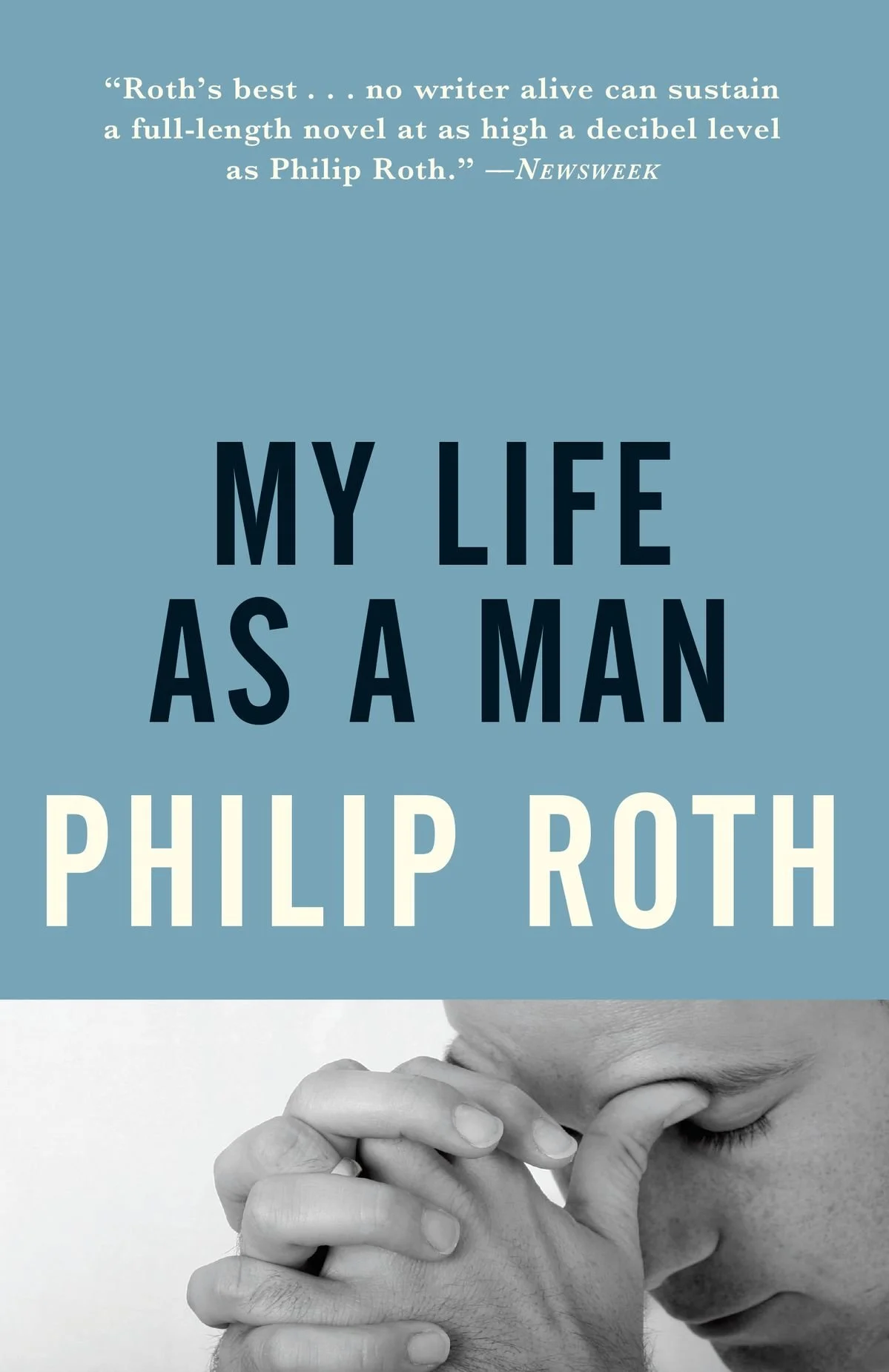Jersey Bookshelf: ‘My Life As A Man’ by Philip Roth
My Life As A Man (1974)
by Philip Roth
When last we visited the work of Newark’s greatest writer, and, some would say, America’s greatest writer, Philip Roth, was within the pages of his 1966 When She Was Good (see Jersey Bookshelf 2/25/25). Eight years later, in 1974, out came My Life As A Man, and it caused some semblance of controversy as his protagonist, Peter Tarnapol, was a thinly-veiled version of himself. In it, Tarnapol is a seducer of college girls, hates his wife, and even, long after the wife’s death, is still coming to grips with her poisonous tentacles.
Tarnapol is weak, tender-hearted, cruel and sexually needy. He’s blind to certain truths. Critics, at the time, likened this passion play to the work of Swedish writer August Strindberg [1849-1912] who wrote from personal experience to the point of ugliness. The difference is in the details. Roth was always hilarious. He had a way that could ascertain the most mundane elements of everyday life into comic pratfalls. His Jewishness was always front and center. And he was as confessional as the work of Joni Mitchell within pop music. Yet his words are etched with anguish. There’s elements of Henry Miller [1891-1980] and even France’s Louis-Ferdinand Celine [1894-1961]. Roth’s brilliance knows no boundaries. He could be crude, selfish and as self-aggrandizing as Norman Mailer. Yet he, more than almost anyone else, can cut to the core of the matter with a surgeon’s exactitude.
(Advertisement)

